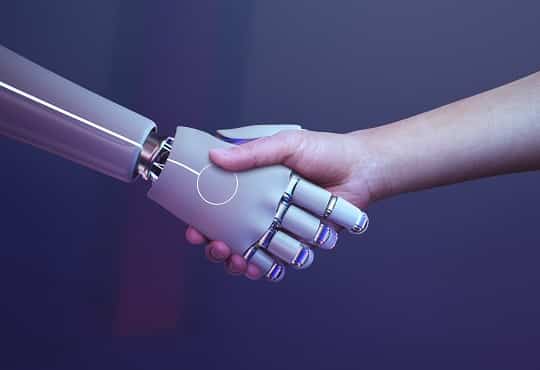IBM has revealed a ‘brain-like’ chip prototype that promises to boost energy efficiency in artificial intelligence (AI) applications.

In the digital era, the convergence of artificial intelligence (AI) and brain-inspired hardware is pivotal. This fusion aims for enhanced energy efficiency without compromising performance, bridging the gap between AI prowess and prolonged device use.
IBM, a technology company, has announced that its prototype ‘brain-like’ chip can potentially enhance energy efficiency in artificial intelligence (AI). The company claims that its prototype has the potential to pave the way for AI chips in smartphones that are more efficient and less power-intensive.
The prototype’s efficiency stems from components that operate akin to connections in the human brain. The heightened energy efficiency implies that significant and intricate tasks can be carried out within low-power or battery-restricted settings, including scenarios like automobiles, mobile phones, and cameras. Moreover, cloud service providers can utilize these chips to lower energy expenses and minimize their environmental impact.
Most chips are digital, representing data as 0s and 1s. However, the new chip employs memristors, analogue components capable of storing a range of numbers. Memristors embody a “nature-inspired” form of computing that emulates brain operations. When interconnected, these memristors create a network reminiscent of a biological brain. The design team highlighted the complexity of developing a memristor-based computer, underscoring the numerous challenges that could impede widespread adoption. These hurdles encompass steep material expenses and intricate production procedures.
Incorporating these components enhances the energy efficiency of the new chip while retaining digital elements. This feature facilitates seamless integration of the chip into existing AI systems. These breakthroughs hint at the imminent arrival of brain-like chips. The company envisions future phones and cars featuring more efficient chips, resulting in extended battery life.






